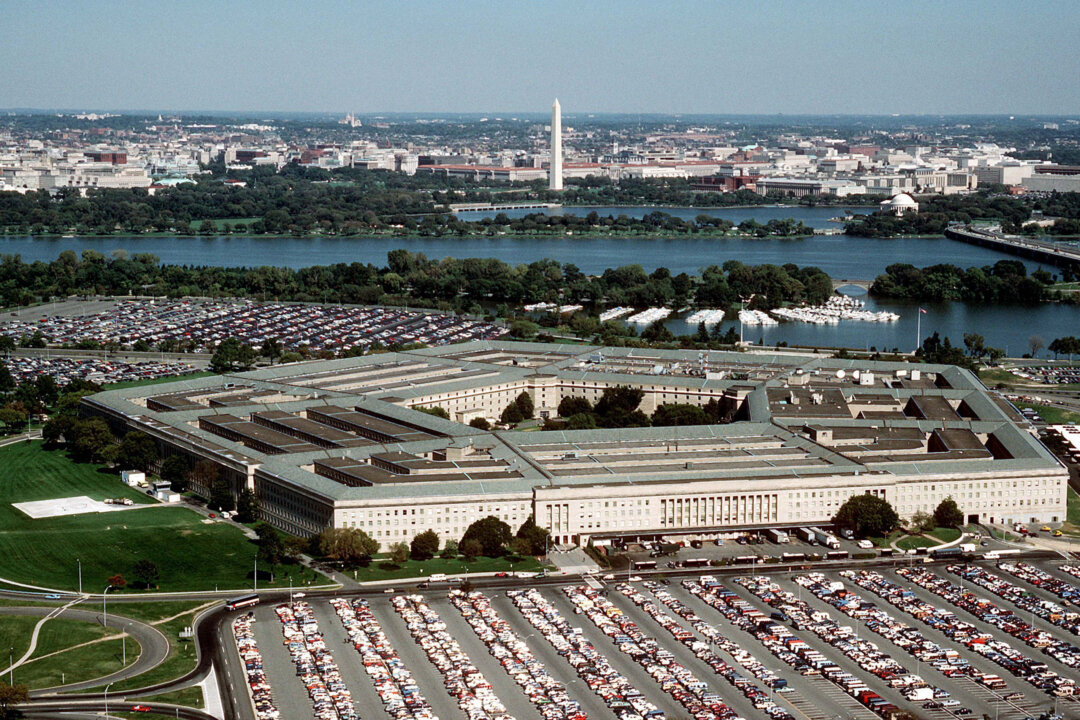Not only did U.S. President Donald Trump blink first, but he blinked at exactly the right time.
Read this article for free: Already have an account? As we navigate through unprecedented times, our journalists are working harder than ever to bring you the latest local updates to keep you safe and informed. Now, more than ever, we need your support. Starting at $15.

99 plus taxes every four weeks you can access your Brandon Sun online and full access to all content as it appears on our website. or call circulation directly at (204) 727-0527. Your pledge helps to ensure we provide the news that matters most to your community! To continue reading, please subscribe: *$1 will be added to your next bill.
After your 4 weeks access is complete your rate will increase by $4.99 a X percent off the regular rate. Not only did U.
S. President Donald Trump blink first, but he blinked at exactly the right time. Read unlimited articles for free today: Already have an account? Opinion Not only did U.
S. President Donald Trump blink first, but he blinked at exactly the right time. Ten days of chaos was long enough to convince non-American traders that Trump’s America has become a place you cannot trust or make deals with — but brief enough that the bond vigilantes still had time to step in and stop the folly before the Greatest Depression got underway.
Trump was shocked by the bond market sell-off and caved instantly. Indeed, when he announced that he would postpone his new, higher tariffs (above 10 per cent) for 90 days for everybody except China, his spokesperson was still defending those same higher tariffs about three doors down. U.
S. President Donald Trump speaks as he signs executive orders in the Oval Office of the White House on Thursday as Commerce Secretary Howard Lutnick listens. (The Associated Press) Alas, Trump forgot to exempt Chinese-made smartphones and computers from his new 145 per cent anti-China tariffs.
That would have infuriated U.S. consumers because most high-tech goods coming into the United States would have doubled in price overnight.
He remembered just in time — but that looked like “backing down,” so Trump then declared that he was just moving the high-tech tariffs to a different “bucket” and they would soon be back. Amateur night. Trump’s minions may not have told him yet, but last week was not just a temporary setback in his crusade for high tariffs.
It was the end of that road. Bring those tariffs back in 90 days, and the bond market will shut him down even faster next time. Donald Trump will not stay quiet for long.
He needs a quick victory to wipe away the humiliation of the tariff fiasco — invade Panama, perhaps, or fire Elon Musk. But it opens a window of opportunity for the rest of the world to discuss its options. They are not all that bad.
The time should be used to sketch out financial and military institutions that can replace those created by the United States over the past 80 years. That is not really such a huge task because in most cases it just involves a cut-and-paste job, duplicating existing structures but without the United States. There is still far more wealth and population in China, the European Union countries and Japan, in the middle-sized developed countries like Canada, the United Kingdom and Korea, and in the bigger emerging powers like India, Brazil and Indonesia, than there is in the United States.
It is not indispensable. Almost everywhere else (except Russia) wants to preserve as much as possible of the old free-trading world, and the building blocks already exist: almost all of the G20 countries, Asia’s Trans-Pacific Partnership, the Gulf Co-operation Council, South America’s Mercosur and the Southern African Customs Union. Bringing China in would be trickier, especially because Beijing will be heavily distracted by the trade war Trump has launched against it, but China also wants a rules-driven trading system.
That might be managed through the World Trade Organization, which Trump is threatening to leave. (China is already a member.) There’s no chance of building a similarly broad military security system, but that didn’t exist in the old days either.
What to do about Russia is a problem, as usual, but it’s not a problem that has to be solved right now. A NATO-minus-America alliance to deter the Russians can be fashioned by just building parallel security structures without the United States. Indeed, exactly that is under active consideration in Europe right now.
The project of building an international trading and security structure that duplicates and preserves the rules-based system Trump is now trying to destroy is daunting, especially since there is no dominant single power in charge this time. On the other hand, at least this time the world has 80 years of experience with a reasonably functional system of that sort to guide its efforts. It also has a very strong incentive to build something similar but more equitable because the only other alternatives are to become a servant of the Trumpian empire or a victim of it.
The great benefit of Trump’s arrogance is that he makes the choices so clear for all of America’s erstwhile customers, partners and allies: make the trek to Washington and “kiss my ass” or defy him and be cast into the outer darkness. Actually, even submission might not save you. He lies a lot.
» Gwynne Dyer’s new book is “Intervention Earth: Life-Saving Ideas from the World’s Climate Engineers.” This column previously ran in the Winnipeg Free Press. Advertisement Advertisement.















